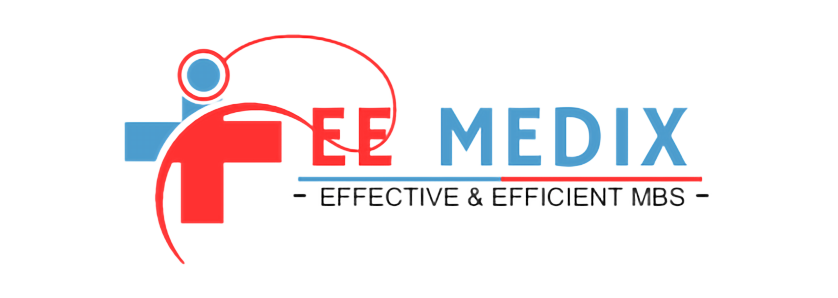In the ever-evolving landscape of healthcare, mental health services play a crucial role in improving the well-being of individuals. However, the importance of effective billing and revenue management in this sector cannot be overstated. In this comprehensive guide, we delve into the world of mental health billing services, shedding light on what they are, why they are indispensable, and how they can make a significant impact on both healthcare providers and patients.
What is Managed Billing?
Managed billing, especially in the context of mental health services, refers to a comprehensive solution designed to streamline the billing process for mental health professionals and facilities. It involves handling all aspects of billing and revenue management, from claim submission to reimbursement, with the goal of maximizing revenue and reducing administrative burdens.
The Role of Managed Billing
Mental health billing services take on the task of managing the financial aspects of mental health practices, allowing healthcare providers to focus on what they do best: delivering quality care to their patients. Let’s explore the key elements of managed billing:
1. Claim Submission and Management
- One of the core functions of mental health billing services is the submission and management of insurance claims. This involves accurately documenting services provided, verifying patient insurance coverage, and submitting claims for reimbursement.
2. Revenue Cycle Management
- An efficient revenue cycle is vital for the financial health of mental health practices. Managed billing services oversee the entire revenue cycle, from appointment scheduling to claim submission and payment posting.
3. Compliance and Regulations
- The field of mental health billing is subject to various regulations and compliance requirements. Managed billing services ensure that all billing practices align with these regulations, reducing the risk of audits and penalties.
4. Denial Management
- Denials can be a significant challenge in the billing process. These services help identify and address the root causes of denials, ultimately improving cash flow.
5. Patient Statements
- Patients receive clear and accurate statements, making it easier for them to understand their financial responsibilities. This transparency fosters trust and enhances the patient experience.
6. Reporting and Analysis
- Data-driven insights are invaluable for healthcare providers. Managed billing services provide comprehensive reporting and analysis, helping providers make informed decisions to enhance their financial performance.
The Benefits of Managed Billing
Now that we’ve covered the fundamentals, let’s delve into the benefits of using mental health billing services:
1. Increased Revenue
- By minimizing claim denials and ensuring timely reimbursements, managed billing services significantly boost a mental health practice’s revenue.
2. Reduced Administrative Burden
- Healthcare providers can focus on patient care, while billing professionals handle the intricacies of revenue management.
3. Improved Compliance
- Staying compliant with ever-changing regulations is a daunting task. Managed billing services stay up-to-date with these changes, ensuring practices adhere to all requirements.
4. Enhanced Patient Experience
- Patients appreciate transparent billing and timely responses to their financial inquiries. This fosters trust and loyalty.
5. Streamlined Operations
- Efficient revenue management streamlines operations and reduces inefficiencies within the practice.
In Conclusion
Mental health billing services are an invaluable asset for mental health professionals and facilities. They not only optimize revenue but also contribute to the overall well-being of patients by ensuring that billing and financial matters are handled with precision and transparency. In a world where mental health is of paramount importance, managed billing services play a crucial role in supporting those who provide care.

